On the slow train time does not interfere — Dylan

Many think poetry, especially “modern” poetry as “difficult” and to those with impatient minds, minds that do not understand the gap between desire and gratification, it can be. The mass mind, that mind of 80% that is ruled by the 20% minds that can handle algebra and text, is too jazzzzzzzed up for poetry. They want writing at escape velocity with its boringly boomlay, boomlay, boomlay-boom beat druming — wash rinse repeat — while poetry takes the slow train coming. Some poetry you get when you are a babe (Itsy bitsy spider went up the waterspout…) but other poems only fructify under the avalanche of years until the reader achieves “a lifetime burning in every moment.” The Four Quartets is a poem for the later years when, as time winds down,
There is a time for the evening under starlight,
A time for the evening under lamplight
(The evening with the photograph album).
Last evening in closing one of my own photograph albums, I thought to commend the Quartets to others. I know that it is a long poem to take slowly, and so, since American Digest is, after all, a “Digest” of sorts, I offer these brief selections from The Four Quartets to those who might find them, well, evocative.

Go, said the bird, for the leaves were full of children,
Hidden excitedly, containing laughter.
Go, go, go, said the bird: human kind
Cannot bear very much reality. — 1 Burnt Norton

Old men ought to be explorers
Here or there does not matter
We must be still and still moving
Into another intensity
For a further union, a deeper communion
Through the dark cold and the empty desolation,
The wave cry, the wind cry, the vast waters
Of the petrel and the porpoise. In my end is my beginning. — 2 East Coker

It seems, as one becomes older,
That the past has another pattern, and ceases to be a mere sequence—
Or even development: the latter a partial fallacy
Encouraged by superficial notions of evolution,
Which becomes, in the popular mind, a means of disowning the past.
The moments of happiness—not the sense of well-being,
Fruition, fulfilment, security or affection,
Or even a very good dinner, but the sudden illumination—
We had the experience but missed the meaning,
And approach to the meaning restores the experience
In a different form, beyond any meaning
We can assign to happiness. — 3 The Dry Salvages

We shall not cease from exploration
And the end of all our exploring
Will be to arrive where we started
And know the place for the first time.
Through the unknown, remembered gate
When the last of earth left to discover
Is that which was the beginning;
At the source of the longest river
The voice of the hidden waterfall
And the children in the apple-tree
Not known, because not looked for
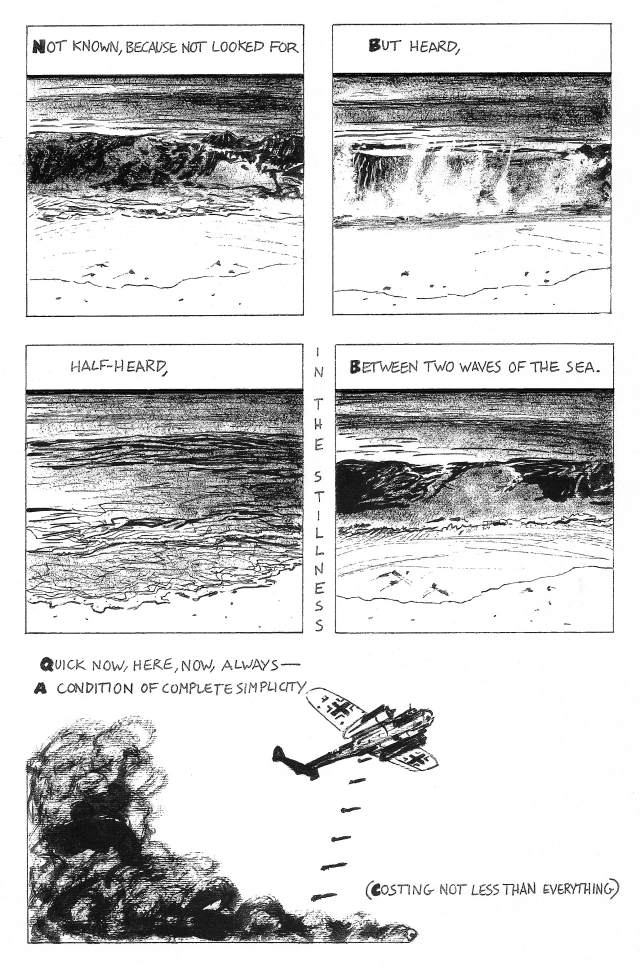
But heard, half-heard, in the stillness
Between two waves of the sea.
Quick now, here, now, always—
A condition of complete simplicity
(Costing not less than everything)
And all shall be well and
All manner of thing shall be well
When the tongues of flame are in-folded
Into the crowned knot of fire
And the fire and the rose are one. — 4 Little Gidding
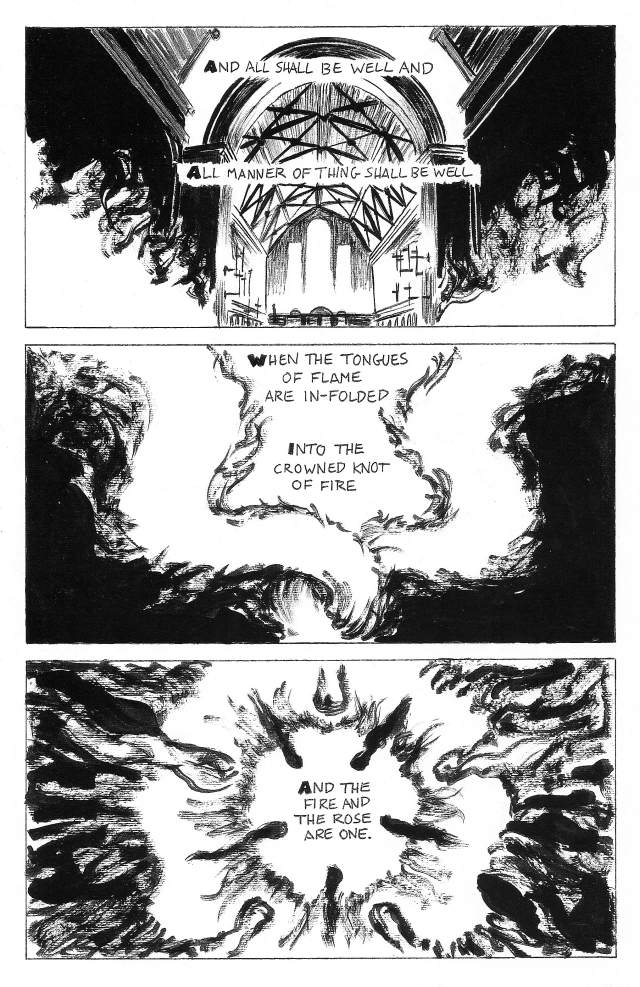
[The whole of the poem is here: T.S. Eliot: Four Quartets – an accurate online text]

![Allen Ginsberg: The Interview, <strong> ➡ 1972 ⬅ </strong> [Republished by unpopular demand] ginsbergnirvana](https://americandigest.org/wp/wp-content/uploads/2022/05/ginsbergnirvana-150x150.jpg)
![That Was the Whopper Weekend That Was [Illustrated] welcometohell](https://americandigest.org/wp/wp-content/uploads/2021/05/welcometohell-150x150.jpg)





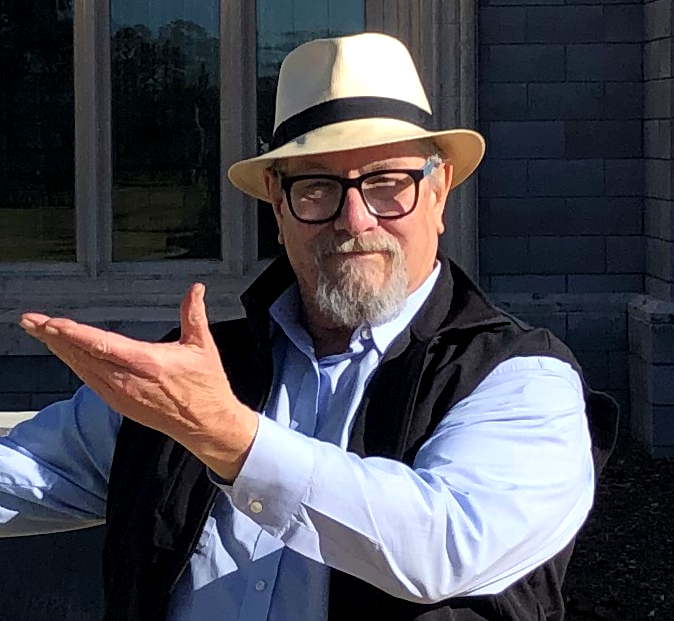 Gerard Van der Leun
Gerard Van der Leun



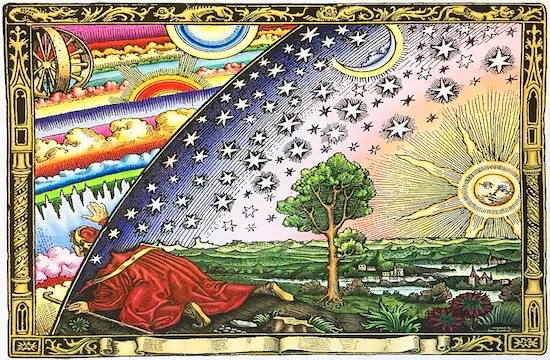

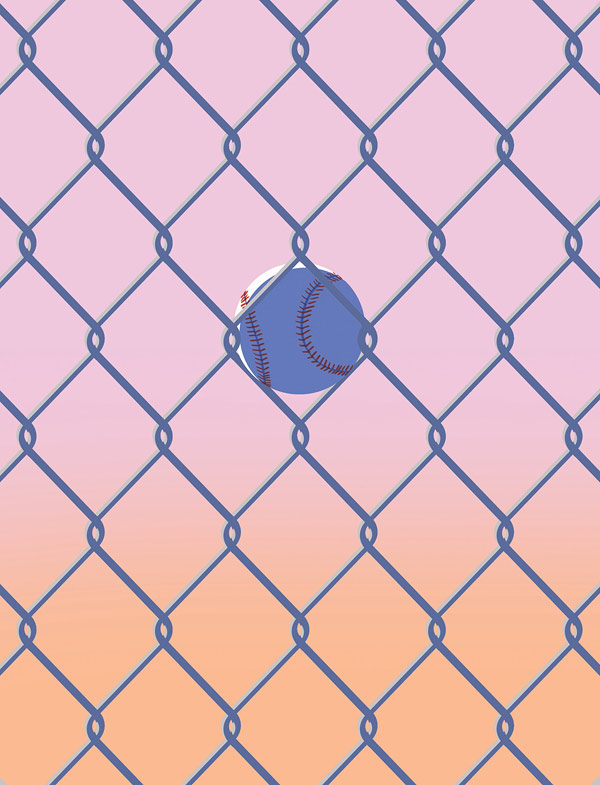
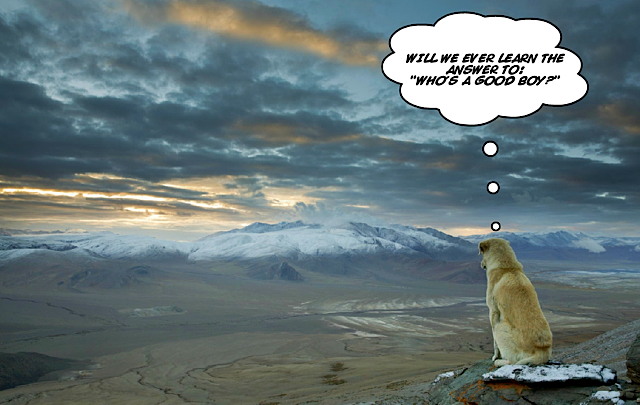

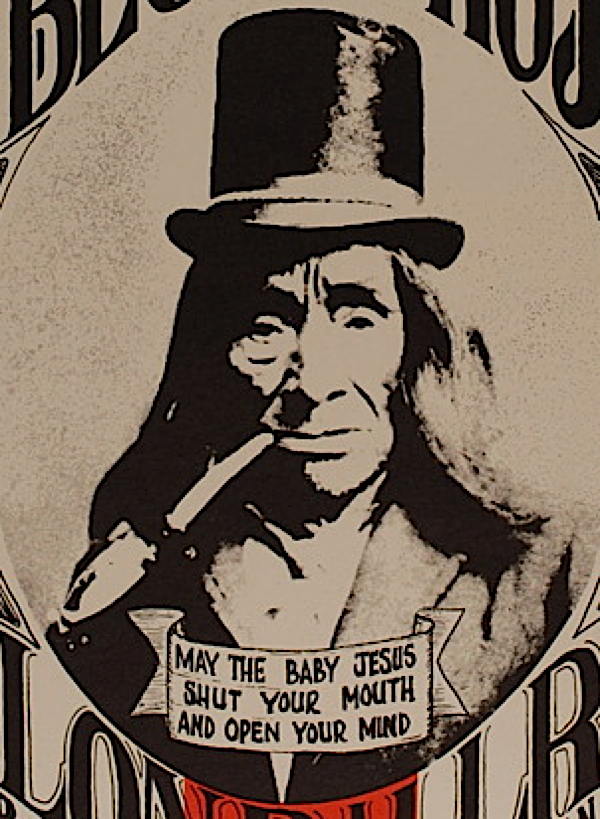

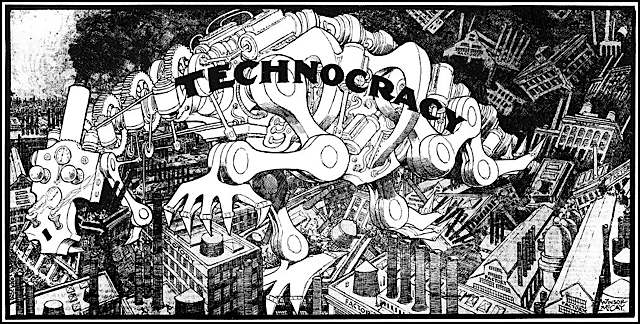

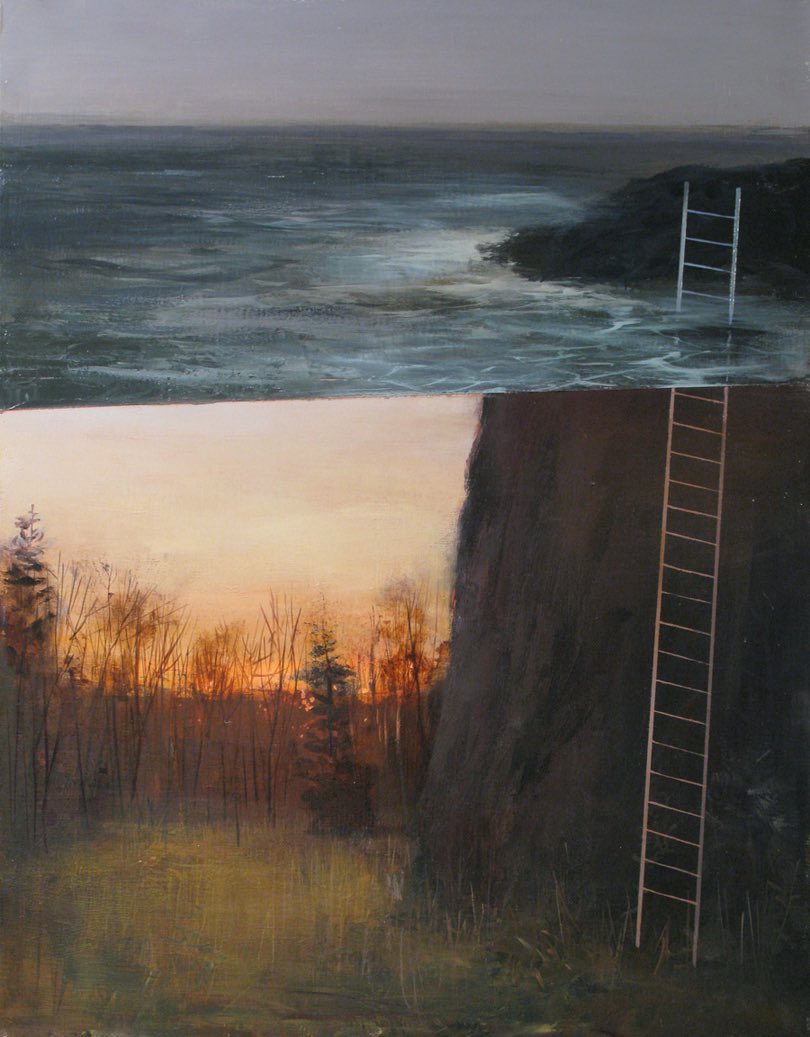


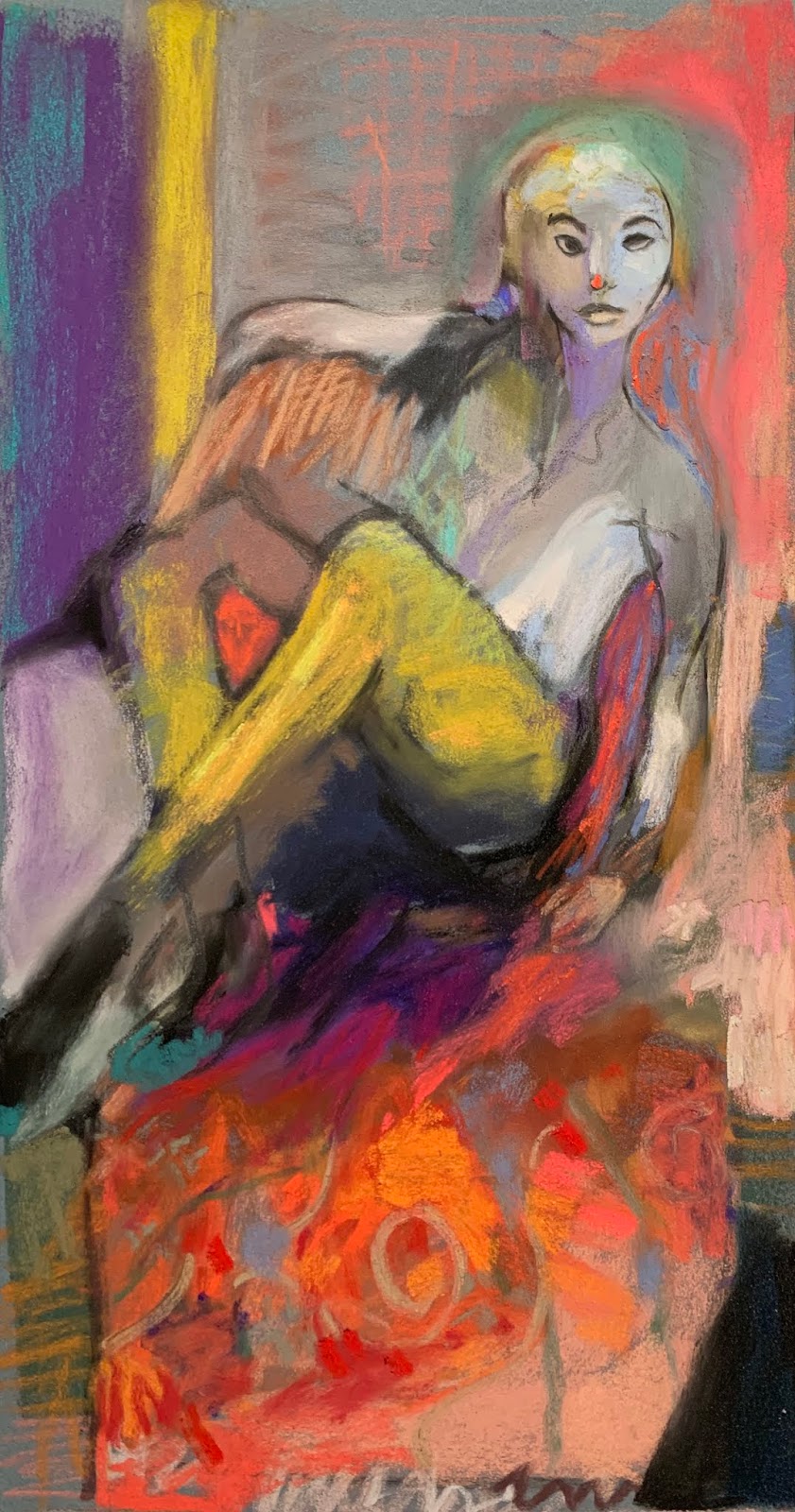
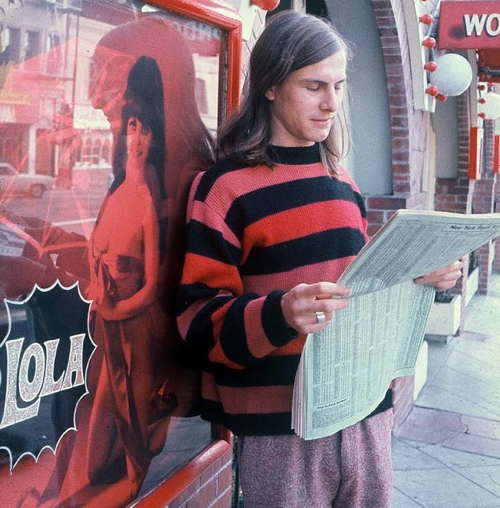
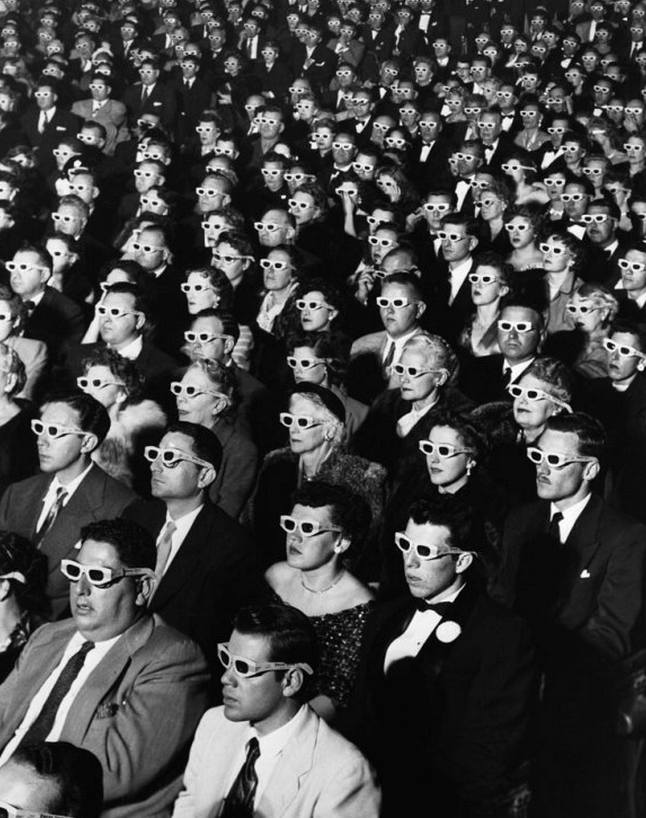



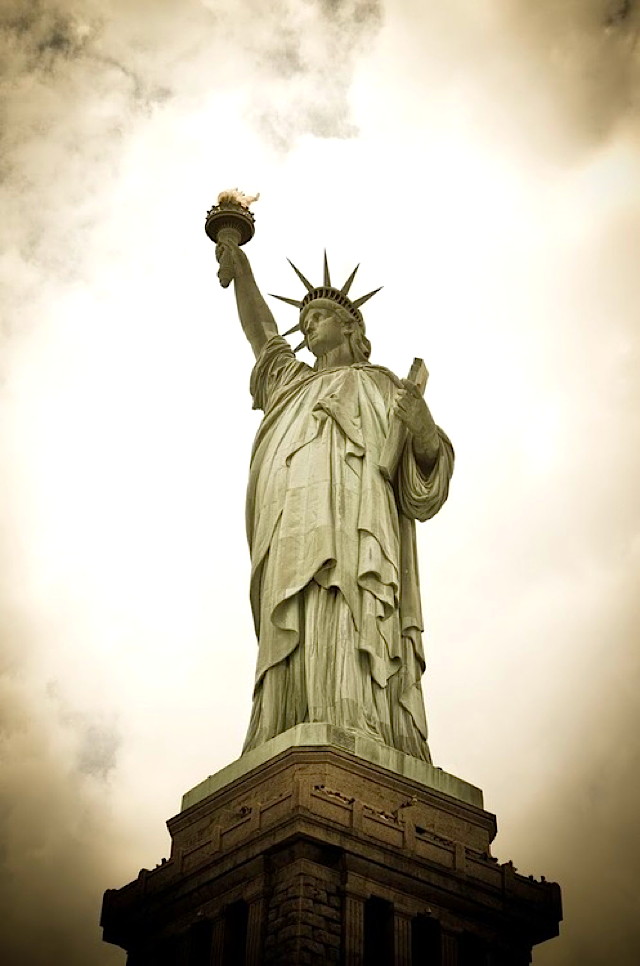
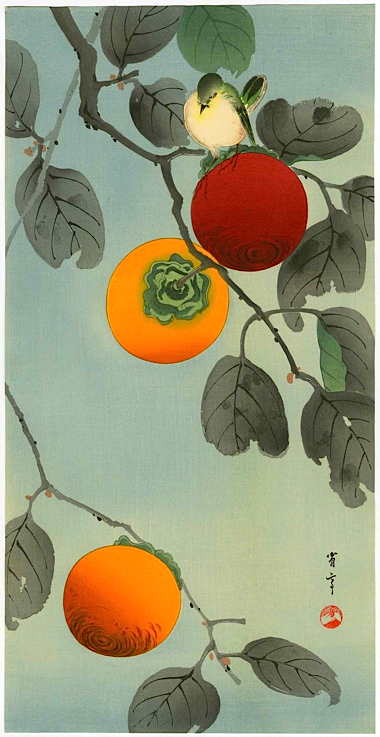

Comments on this entry are closed.
Love the way you have introduced it, Gerard, and will certainly
come back to it later. Are the illustrations yours?
OK, I’ll confess to the 20% mind. I find TS Eliot difficult. Always have. And I even took lots of English classes in college. Got A’s in them, too. But I still find Eliot difficult.
But there’s difficult, and difficult. I remember reading John Donne’s sonnets. They weren’t always easy, but after enough readings the message became clear. They said what they have to say.
I read Briggs blog every day. When he gets going on probability and statistics I often reach the point where my brain just runs out of horsepower. It’s not that I need to re-read, I’m past the end of my conceptual rope. The stairs don’t reach that floor. It happens at The Orthosphere, as well. Still, I push through, and read, even when it’s tough. Smacking into your limits at least grooms you for some humility. Maybe that’s the consolation prize.
But this morning I clicked the link, and re-read East Coker.
I couldn’t put it down. I felt like nI “got it” for the first time.
hooray
But now it’s time to get to work. I’ll re-read again later.
JWM
Reconsider Lana Del Rey. She is a self-acknowledged witch who put an evil spell on Trump.
Not our kind of decent folk.
When it comes to artists requiring too much perfection from them is a mistake.
“Many think poetry, especially “modern” poetry as “difficult” and to those with impatient minds, minds that do not understand the gap between desire and gratification, it can be. ”
Alas, today, I suspect many if not most would find McGuffey Readers, mid 19th century primers for grade 1-6, ‘difficult”.
I lean toward iambic pentameter & rhyming couplets as most pleasurable but some Leaves of Grass, Howls and Growls resonate as well.
Shucky darn, way back mid the last century, when I was a bona fide card carrying latter day beatnik in NYC I even wrote and recited my deathless free verse in various coffee houses in the required droning monotone and even got some finger click applause in reply!
Eliot’s Four Quartets, written and published separately over the years, last three during WW II. Best read, in my opinion, late in the evening with a sniffer of cognac near at hand and the bottle within reach.
My life has been full of crazy synchronicities lately— I am reading the novel Elsewhere by Dean Koontz and only a few hours ago came across Koontz making prominent use of the quote you referenced:
“Time past and time future
What might have been and what has been
Point to one end, which is
Always present.”
I discovered Eliot when I was an engineering student and lapsed Catholic in the early 60’s. He has always fascinated me, and every once in a while I think I understand him. Four Quartets is clearly his best work, and one of the greatest poems in English. But the meanings (allusions?) always hover just out of my sight and grasp.
Thanks for the digests and pictures.